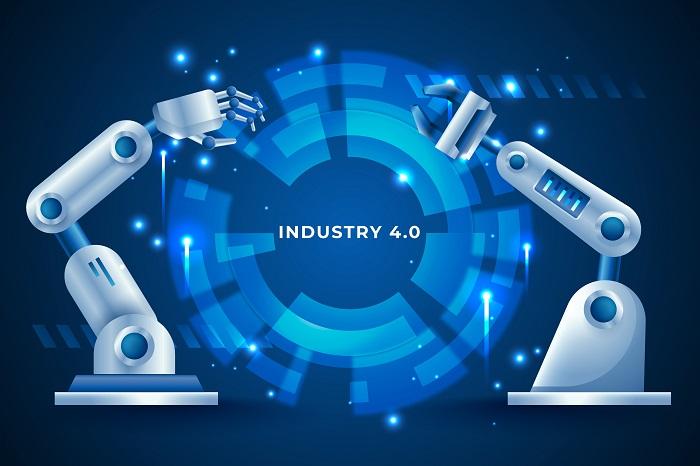How the Internet of Things is Transforming Industries

The Internet of Things
(IoT) has revolutionized the way industries operate by connecting physical
devices to the digital world, enabling them to communicate, analyze, and share
data in real-time. This interconnected ecosystem has become essential to
improving efficiency, productivity, and decision-making. In this article, we'll
explore how IoT is transforming major industries, the benefits it brings, and
why it’s a critical component of digital transformation.
IoT in Manufacturing
Manufacturing is one
of the sectors most impacted by IoT, where Industrial IoT (IIoT) is enabling
"smart factories." Connected devices on production lines monitor
equipment health, track asset usage, and identify potential bottlenecks. This
data-driven approach helps to minimize downtime, optimize processes, and
enhance quality control. For instance, predictive maintenance, powered by IoT
sensors, can alert engineers before equipment fails, saving significant costs
on repairs and lost production time.
Key Benefits in Manufacturing:
- Predictive Maintenance: Reduces unexpected downtime.
- Process Optimization:
Real-time insights allow for continuous improvement.
- Enhanced Quality Control: Monitoring enables immediate action for quality
issues.
IoT in Healthcare
In healthcare, IoT is
transforming patient care, diagnosis, and treatment monitoring. Through
wearable devices, remote monitoring systems, and connected diagnostic tools,
IoT enables healthcare providers to monitor patient health remotely and provide
timely care. Smart devices help manage chronic conditions, improve patient
outcomes, and reduce hospital readmissions. With real-time health data, doctors
can offer more personalized and preventative care.
Key Benefits in Healthcare:
- Remote Patient Monitoring: Reduces hospital visits and allows early
intervention.
- Real-Time Health Data:
Enables personalized treatment plans.
- Improved Patient Outcomes: Continuous monitoring ensures timely responses.
IoT in Agriculture
Agriculture has
witnessed a significant impact from IoT, with smart farming solutions that
improve yield, manage resources efficiently, and monitor crop health. IoT
sensors in the field track soil moisture, temperature, and nutrient levels.
This data enables farmers to make informed decisions about irrigation,
fertilization, and harvesting, leading to better productivity and
sustainability.
Key Benefits in Agriculture:
- Precision Farming:
Optimizes resources like water and fertilizers.
- Crop Monitoring:
Ensures higher yields by identifying issues early.
- Resource Efficiency:
Reduces waste and promotes sustainable practices.
IoT in Retail
IoT is transforming
the retail experience, from inventory management to enhancing customer
interactions. Smart shelves, for example, help retailers keep track of stock
levels, while IoT-enabled customer tracking provides insights into shopping
patterns and preferences. This data helps retailers personalize their marketing
strategies, manage inventory more effectively, and create a more engaging
customer experience.
Key Benefits in Retail:
- Inventory Management:
Prevents stockouts and ensures product availability.
- Personalized Marketing: Improves customer experience with tailored
promotions.
- Enhanced Customer Insights: Real-time data informs better decision-making.
IoT in Energy and
Utilities
The energy and
utilities sector uses IoT to enhance monitoring, automate processes, and
increase energy efficiency. Smart meters and grids allow companies to analyze
usage patterns, predict demand, and manage resources efficiently. These systems
also help reduce energy waste, ensure reliable supply, and enable consumers to
control their energy consumption.
Key Benefits in Energy and Utilities:
- Smart Grids:
Improve energy distribution and reduce outages.
- Efficient Resource Management: Reduces waste and conserves energy.
- Enhanced Customer Control: IoT devices allow users to monitor their energy use.
Conclusion
The Internet of Things
is a powerful force that’s transforming industries by making them more
efficient, responsive, and innovative. From manufacturing to healthcare and
agriculture, IoT is enabling industries to harness real-time data to make
smarter decisions and provide better services. As IoT technology continues to
advance, we can expect even greater changes that will shape the future of
industrial processes and the economy at large.
IoT’s influence across
various sectors is only set to grow, making it a critical element in the
digital transformation journey of modern businesses.
Comments